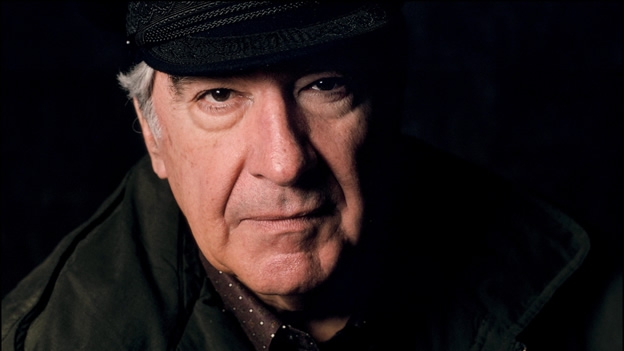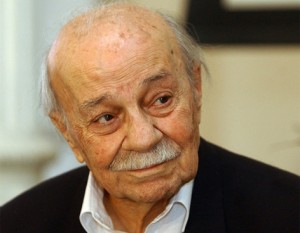
One day in the 1990s, we were walking down the street, we were leaving the Hôtel des Saints-Pères, and Alvaro Mutis 1 stopped short. We were almost at the corner of the rue de Grenelle, and he said to me: “Emmanuel, I have the impression that we walked like this together a long time ago in a street in Cadiz. And we were having the same discussion. I confess that I no longer remember our remarks. I am certain that if Alvaro Mutis were still alive, he would remember it.
Alvaro Mutis had a special relationship with life. He lived by handling memory and immediate reality. He always put one foot in one and one foot in the other. With him, these two worlds never left each other, they were close, went hand in hand, like conjoined twins, like a one-way life, for the better. Alvaro Mutis was living his life and other lives, lives he had lived before, or would live later. Above all, Alvaro Mutis lived, at all times, accompanied by a young boy, this still child was called Alvarito, he was always with us. Carmen, Alvaro's wife, accepted his presence even though it was not her son. I have never met someone like Alvaro Mutis. I mean there was something terrifying and intriguing about his presence, his presence as a child next to the same middle-aged adult. I told him that often. I told him that Bernanos, whom he loved, also had to live like this with the incarnated afterglow of a young self by his side.
I come here to tell what I know of Alvaro Mutis, Maqroll el Gaviero and a few others… These last years have been slow and long. We corresponded much less. He no longer wrote. He hadn't written for so long. The tremors had taken over. A certain emptiness too. Everything was doomed to disappear like the stump of a dead tree that disappeared in a week in the damp furnace of the Amsud. Everything had to pass, and this spectacle of life in action never ceased to amaze Alvaro Mutis throughout the ninety years he spent on this earth.



